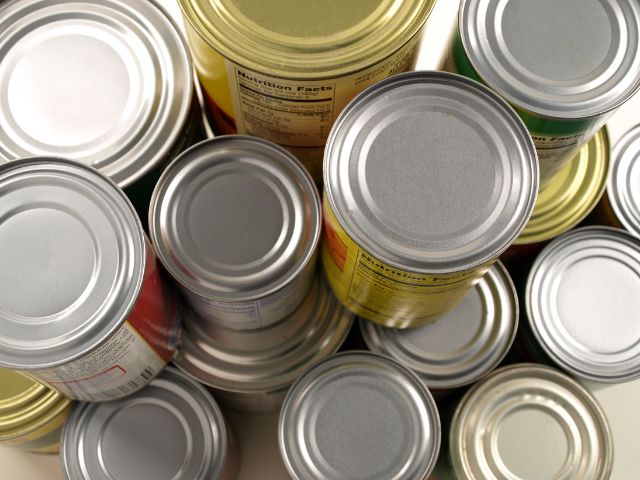

Convenience is usually important in everyday activities, and it can often influence dietary choices in fast-paced environments. Canned foods are popular solutions for people looking for a quick and easy meal option, but the convenience and practicality could also bring serious consequences.
Canned food offers endless possibilities, from vegetables and fruits to soups and meats—all conveniently packed in sealed containers. Learning the risks of frequently eating canned food will help you prevent health problems and understand why moderation and variety are essential.
One of the main concerns associated with constantly consuming canned food is the high sodium content found in these products. Manufacturers often use extra salt or sodium-based preservatives to maintain freshness and prevent bacterial growth. While sodium is an essential mineral, overconsumption can lead to health issues such as high blood pressure, heart disease, and stroke.
Canned foods usually have the presence of Bisphenol-A, a chemical used in the lining of canned goods to prevent corrosion and maintain product quality. This chemical can leak into the food it encounters, especially those with acidic or fatty contents. Prolonged exposure to this chemical can produce a range of health issues, including reproductive problems, developmental concerns, and a risk of certain cancers.
Smashed or dented cans can compromise the integrity of the can and its seal, which will negatively impact the food inside. This issue can lead to problems such as bacterial contamination, spoilage, chemical contamination, and botulism risk. It is important to always check for dents, expiration dates, and temperature to detect botulism in canned foods. Botulism can cause a severe reaction in your body, leading to paralysis and difficulty breathing.
While canned foods can maintain some nutritional value from modern processing techniques, they provide less nutritional benefit than fresh produce. The canning process can cause the loss of heat-sensitive nutrients such as vitamin C and some B vitamins. The extended shelf life of canned foods could tempt you to replace a significant portion of your fresh produce intake, leading to an imbalanced diet.
Incorporating different foods into your diet is essential for your health because these provide a range of nutrients necessary for overall well-being. Relying heavily on canned foods can be dangerous because it limits your intake of nutrients. Fresh fruits and vegetables, whole grains, lean proteins, and healthy fats each contribute distinct benefits.
While canned foods offer convenience and prolonged shelf life, their constant consumption comes with potential health risks. Balancing convenience and health requires a conscious effort to prioritize fresh, whole foods while using canned options as occasional supplements to complement a meal.
24World Media does not take any responsibility of the information you see on this page. The content this page contains is from independent third-party content provider. If you have any concerns regarding the content, please free to write us here: contact@24worldmedia.com

Common Mistakes When Using Athletic Field Tarps

High-Performance Diesel Truck Upgrades You Should Consider

Warehouse Optimization Tips To Improve Performance

Fire Hazards in Daily Life: The Most Common Ignition Sources

Yellowstone’s Wolves: A Debate Over Their Role in the Park’s Ecosystem

Earth Day 2024: A Look at 3 Places Adapting Quickly to Fight Climate Change

Millions of Girls in Africa Will Miss HPV Shots After Merck Production Problem

This Lava Tube in Saudi Arabia Has Been a Human Refuge for 7,000 Years

Four Wild Ways to Save the Koala (That Just Might Work)

National Academy Asks Court to Strip Sackler Name From Endowment

Ways Industrial Copper Helps Energy Production

The Ins and Out of Industrial Conveyor Belts